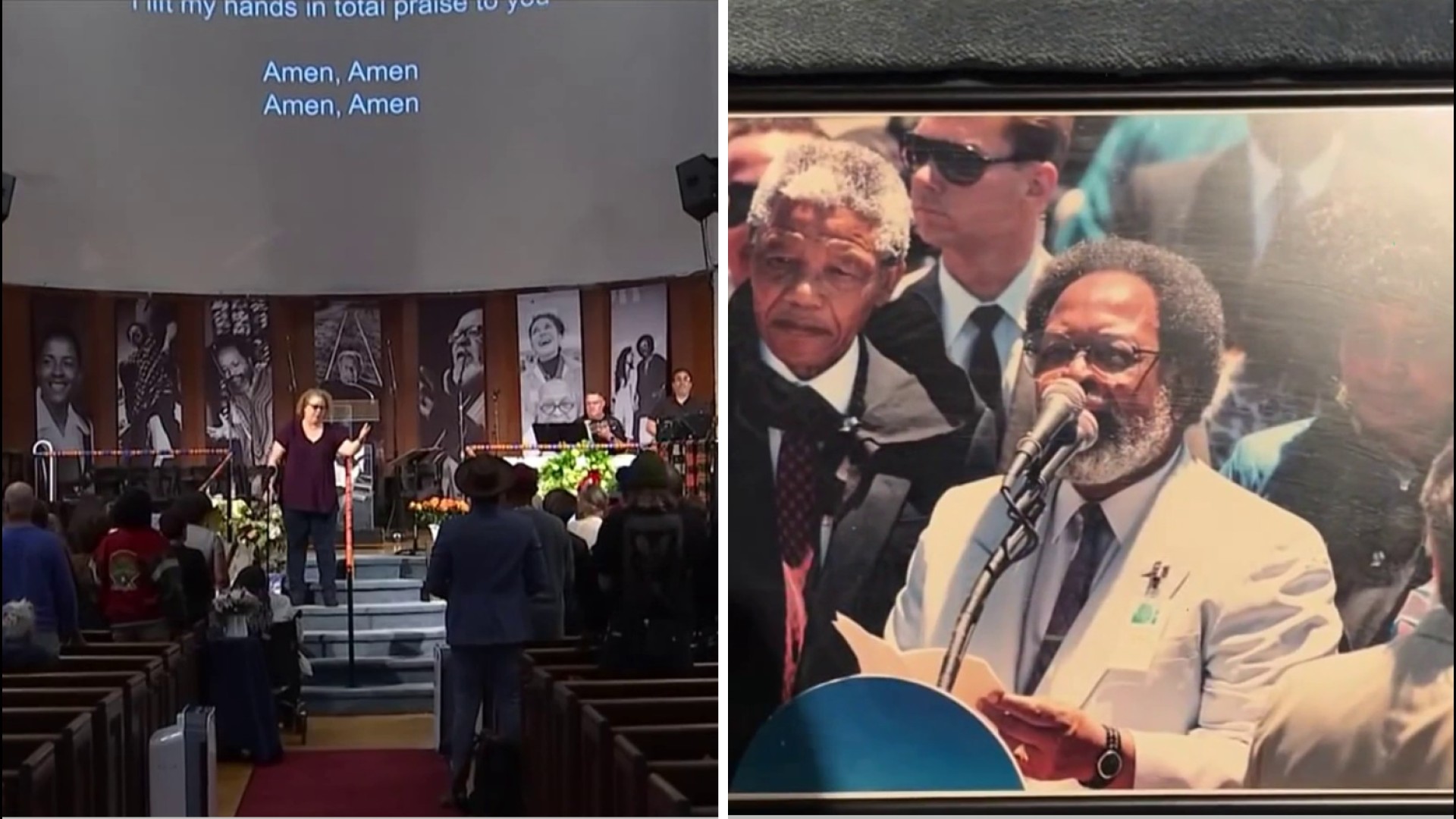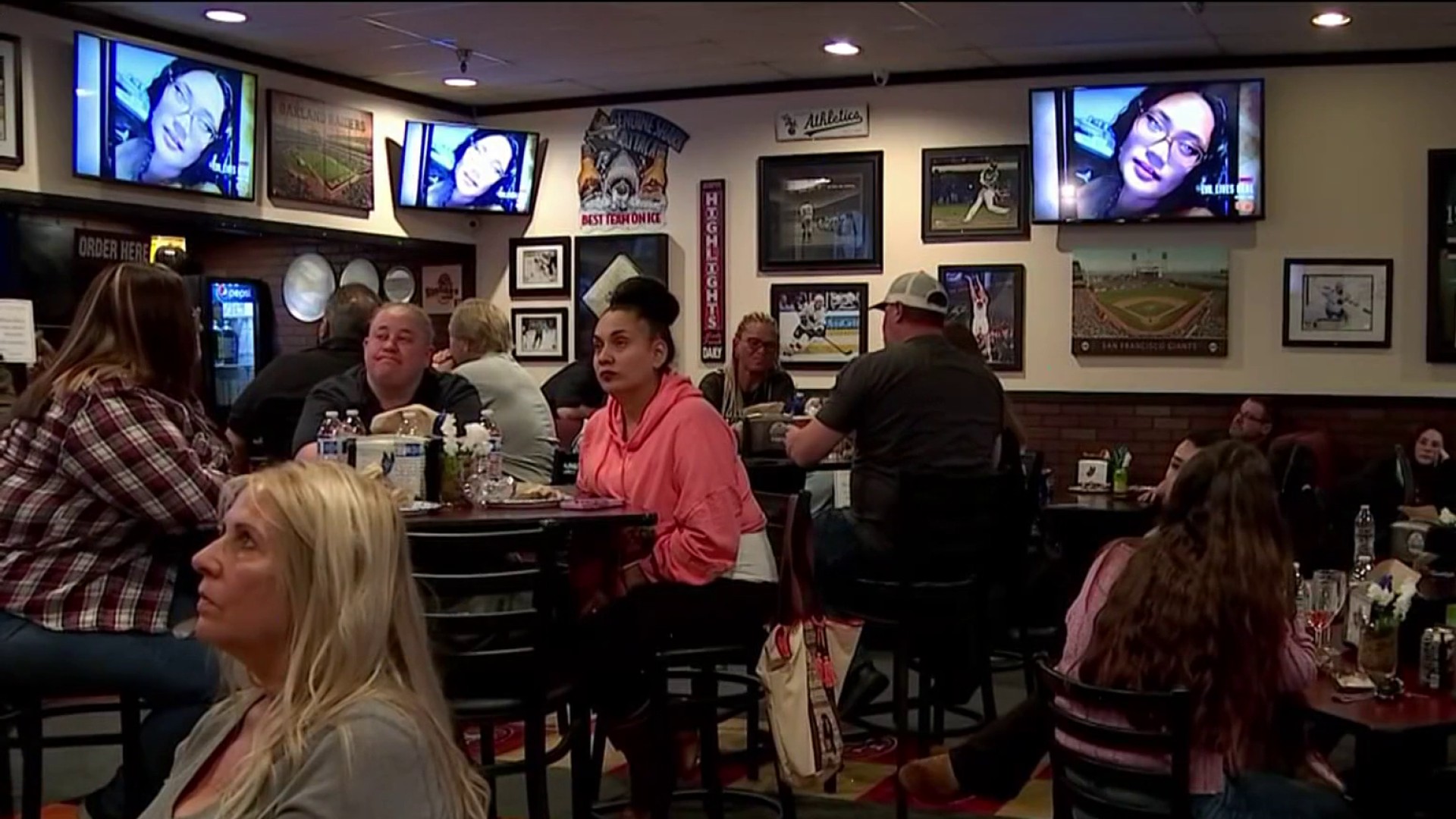Attorneys representing the city of Santa Clara and a group of Asian-American residents who filed a lawsuit alleging the city's election system dilutes the power of their votes presented closing arguments Thursday morning and now await a judge's ruling.
Santa Clara voters Ladonna Yumori-Kaku, Michael Kaku, Wesley Kazuo Mukoyama, Umar Kamal and Herminio Hernando filed a complaint against the city in October after their attorney notified Santa Clara four times of how they believe the city's at-large election system violates the California Voting Rights Act.
The basis of their attorney Robert Rubin's argument is that Santa Clara has denied the Asian-American community, estimated to comprise of about 20 percent of the city's voters, of its constitutional rights since not one Asian-American has been elected there since 1951.
Threats of similar lawsuits have prompted other cities around the Bay Area and the rest of the state to change from at-large to district elections.
Representatives of Santa Clara said they have been working for the last 18 months on a proposal to split the at-large system into two districts.
The proposed district system, which the six-person Santa Clara City Council has placed on this June's ballot, would direct each district to elect three councilmembers at-large.
The proposal will appear on the ballot as Measure A in Santa Clara. Rubin has written a letter against Measure A because he thinks it still constitutes an at-large system that would violate the CVRA.
Local
Rubin and his colleagues specifically name the City Council elections in 2012, 2014 and 2016 as examples of racial polarization because minority candidates lost to white candidates in each race.
In the 2016 election, five Asian-American candidates ran for council seats and not a single one was elected.
Steve Churchwell, the attorney representing Santa Clara, said it was troubling that the analysis by plaintiffs relied on the idea of "strategic voting," or voting together for a non-Asian candidate who may have a better chance at getting elected, because they could not be certain of each election's preferred candidate.
Santa Clara County Superior Court Judge Thomas, who presided over the liability phase of the trial in the Superior Courthouse in San Jose beginning Monday, ruled that for the sake of the impact this decision could make on Santa Clara's ballot measure, the attorneys should email their proposals to the court clerk, with no final brief, by noon Friday and he would make the decision after that.
Muyokama, the first to file in the lawsuit and a Santa Clara resident of 44 years, said he felt compelled to be a part of suing the city because he has seen the same people rotate through positions like council seats and school board trustee positions.
"I've seen people go from one office, to another office and back to the same one and it's just shifting chairs," Muyokama said. "If the city didn't think that the voting was racial, then why did they after eight years decide to have a ballot for two districts?"
If Kuhnle sides with the residents, the trial will move into a remedy phase. Muyokama doesn't think that a two-district system being placed on the ballot is enough to bring in sufficient representation.
"It's only trying to retain the power they have," the long-time local stated. "I continue to feel like this is an apartheid answer."
Muyokama said that he would be happy with six districts, one for each council seat.



